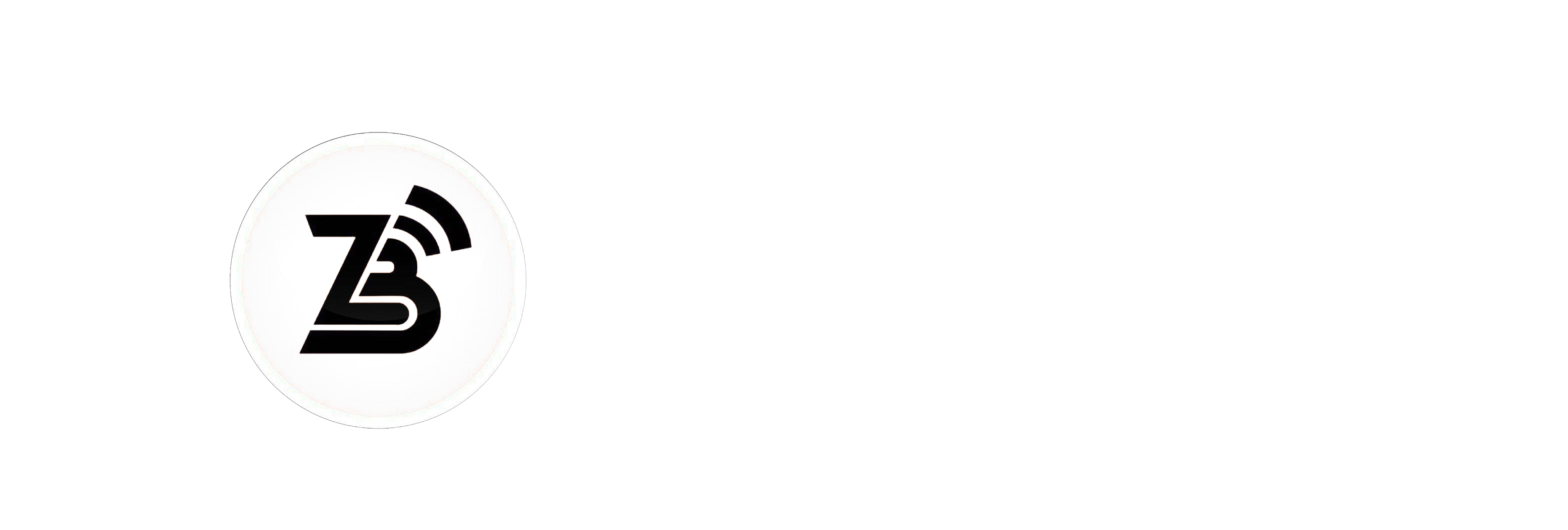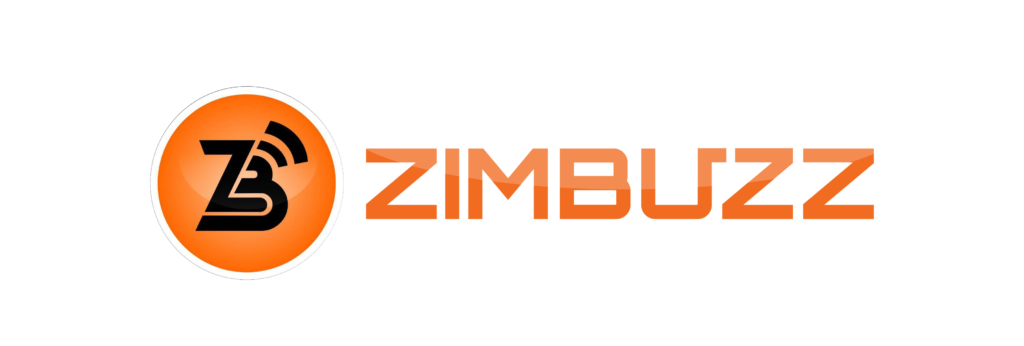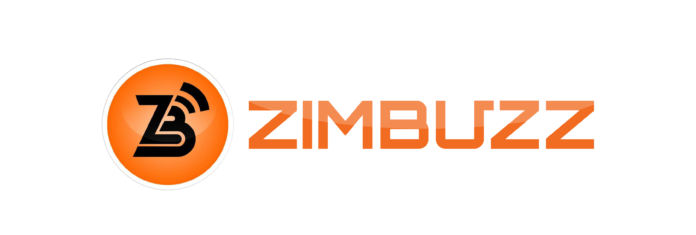Zimbabwe’s broadcasting regulator has issued a stern warning to online broadcasters, urging them to align their content with national broadcasting laws and ethical standards.
In a statement released this Thursday, the Broadcasting Authority of Zimbabwe (BAZ) expressed “serious concern” over the growing spread of internet-based broadcasts that it says carry unverified, offensive, or harmful material.
While the statement did not name specific platforms or individuals, it follows mounting public criticism of a series of local podcast interviews that featured what many viewers described as unethical or intrusive lines of questioning by hosts.
“These incidents… represent a blatant disregard for the guidelines provided in the nation’s broadcasting laws,” the Authority said, pointing to existing legislation such as the Broadcasting Services Act and the Code of Conduct for Broadcasters.
The BAZ emphasised that freedom of expression and media, while constitutionally protected, must be exercised responsibly.
“Broadcasting via the internet does not equate exemption from responsible broadcasting,” the Authority warned.
“Broadcasting platforms must not become vehicles for lawlessness, misinformation, or the erosion of core national values.”
Zimbabwe has seen a rise in the popularity of online content creators, especially podcasters and YouTube personalities who often tackle topics traditional outlets avoid.
But the regulatory reminder may signal a tightening of oversight on how far those discussions can go.
The BAZ said it would continue to monitor both traditional and digital media and would not hesitate to enforce the law where violations are found.
It also encouraged all broadcasters to familiarise themselves with the Code of Conduct and ensure their content complies with the law.
Critics have raised concerns that the statement could be used to clamp down on dissent or unconventional voices under the guise of ethics enforcement.
Others argue that standards are needed to ensure professionalism as the digital media landscape expands.










Share Your Comments